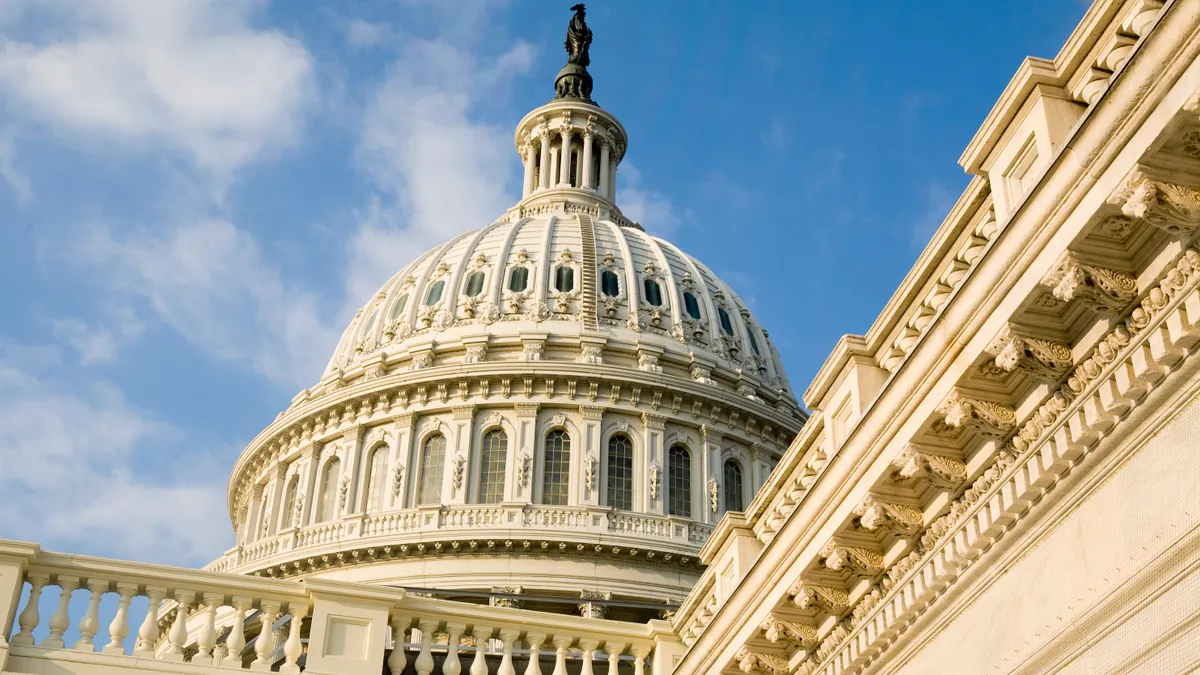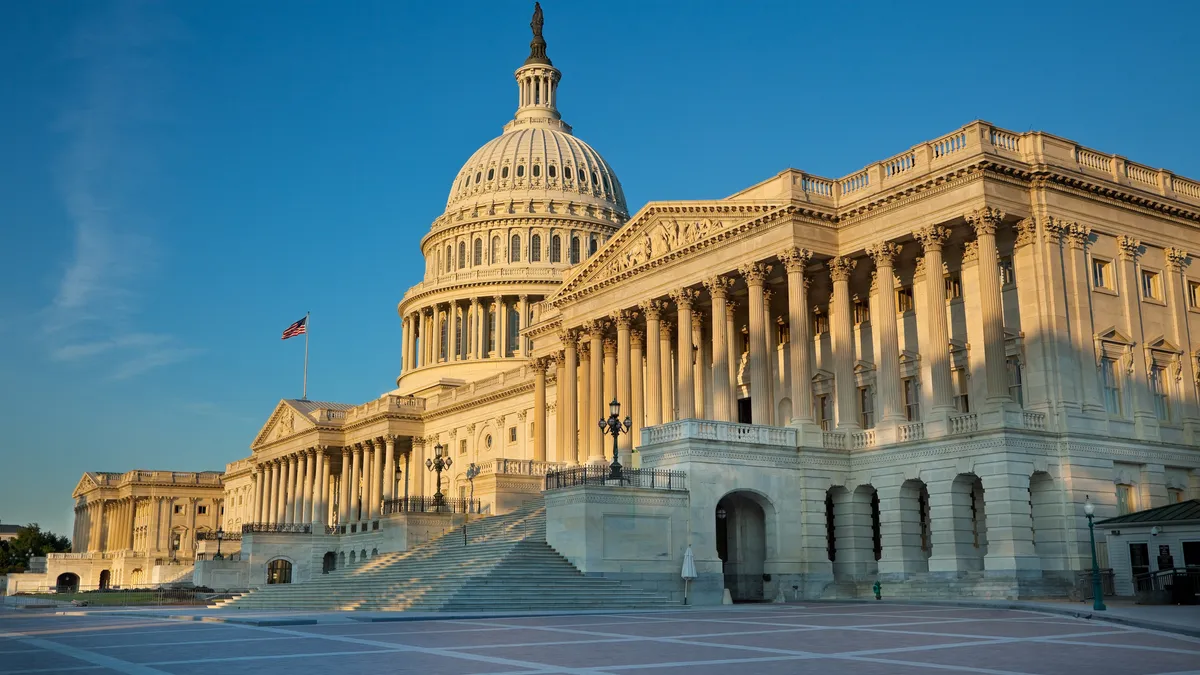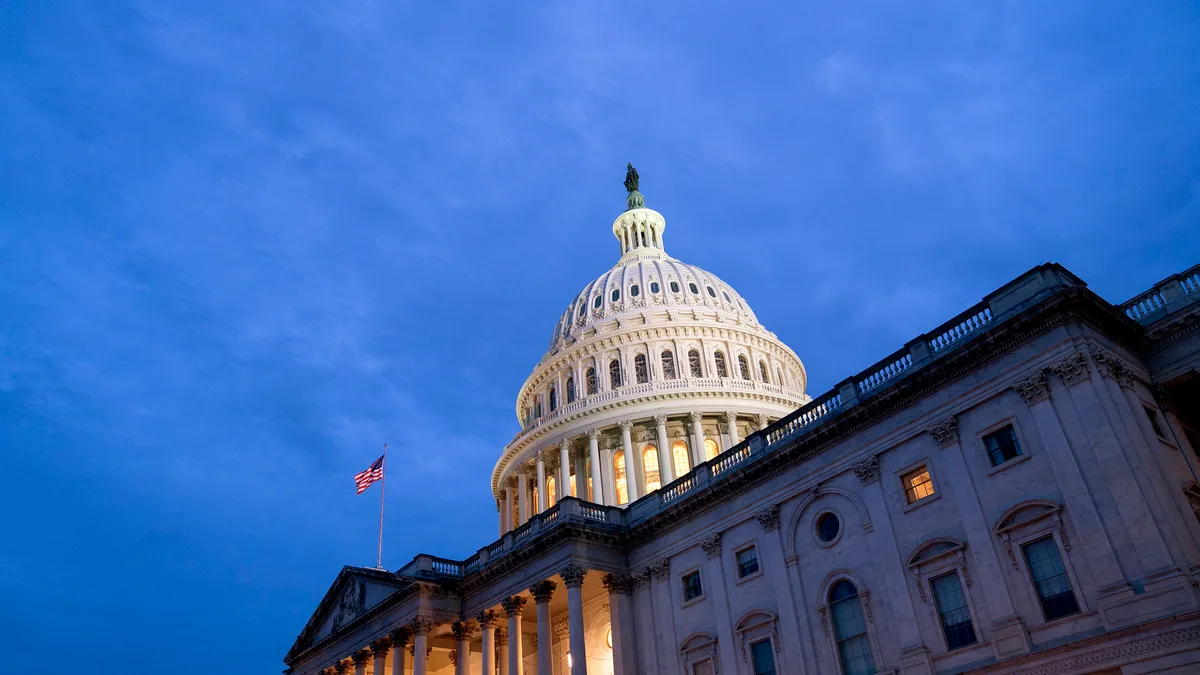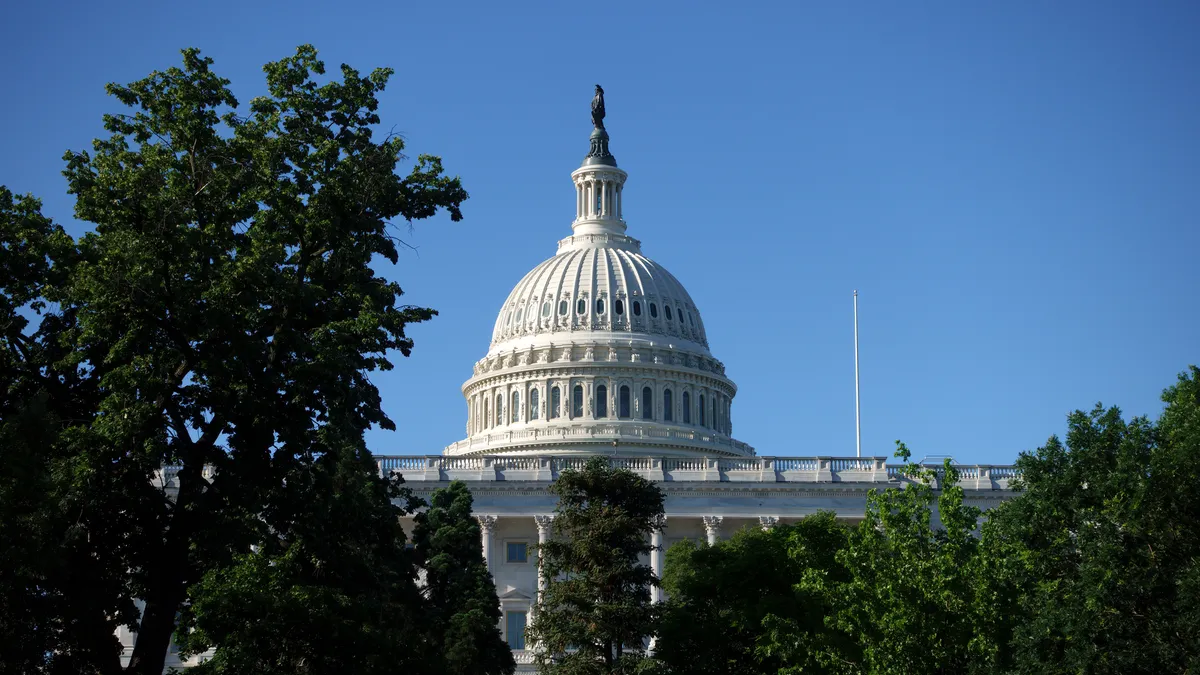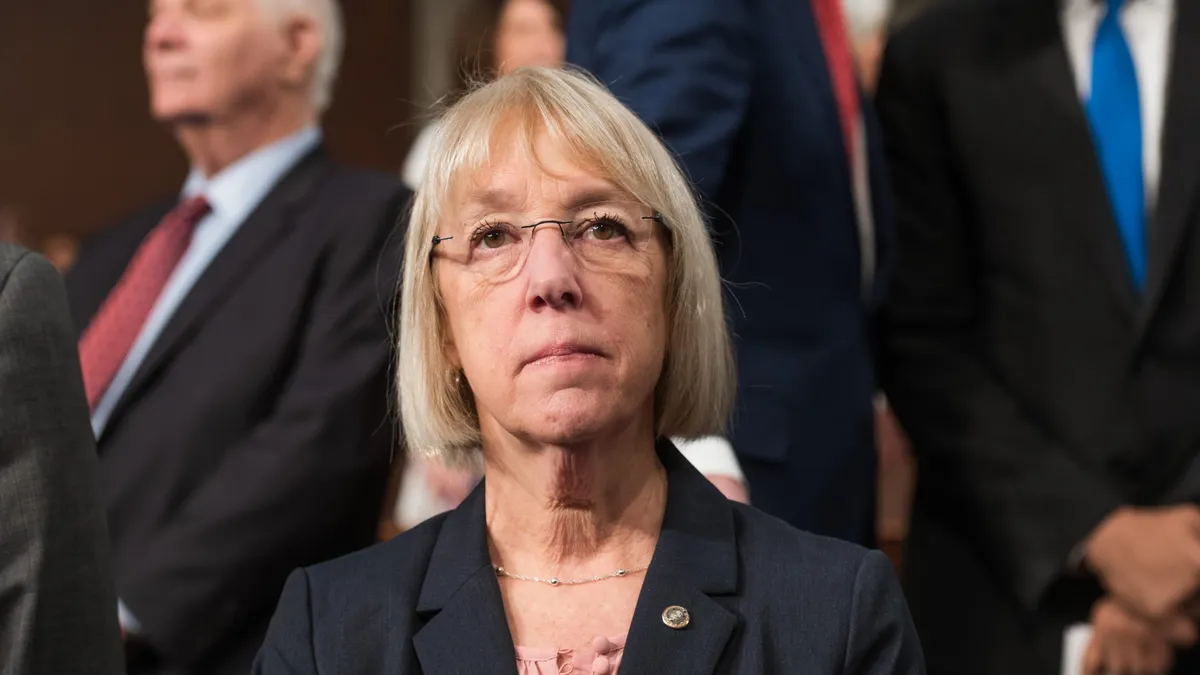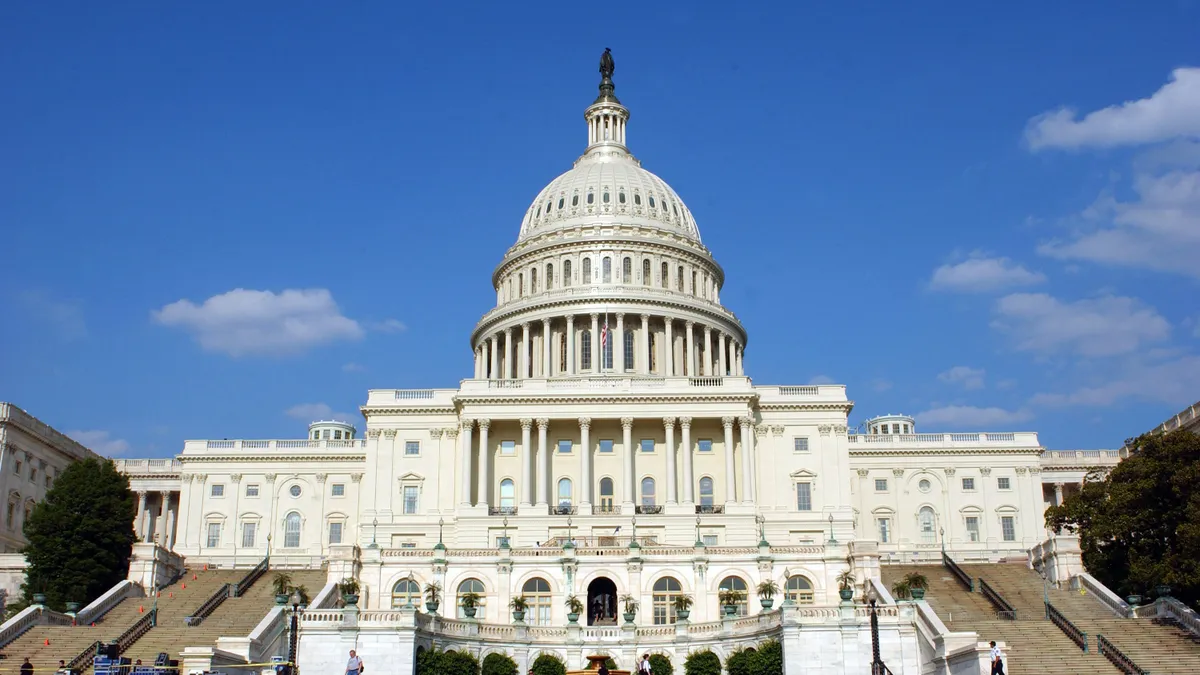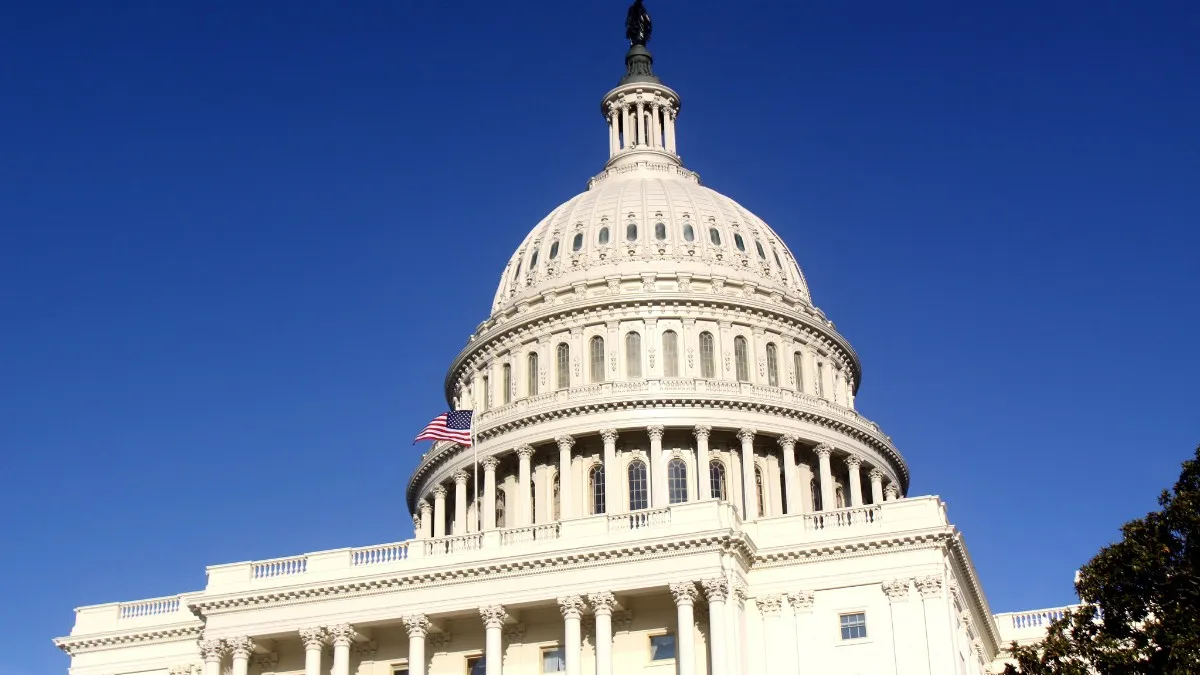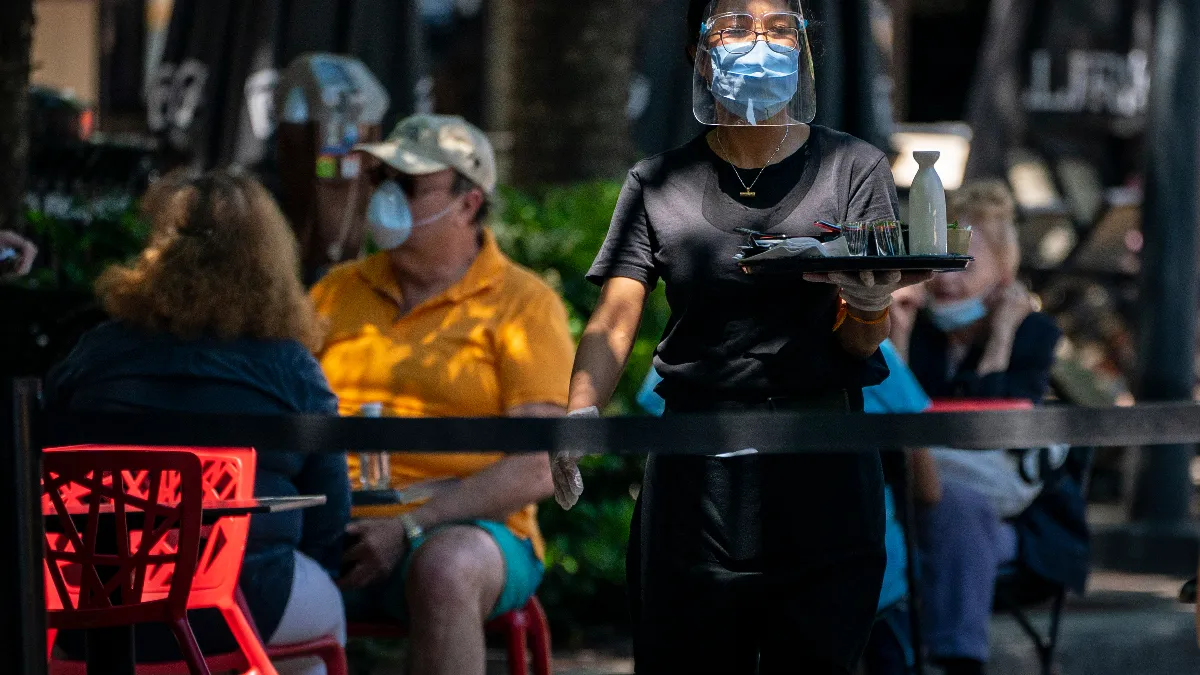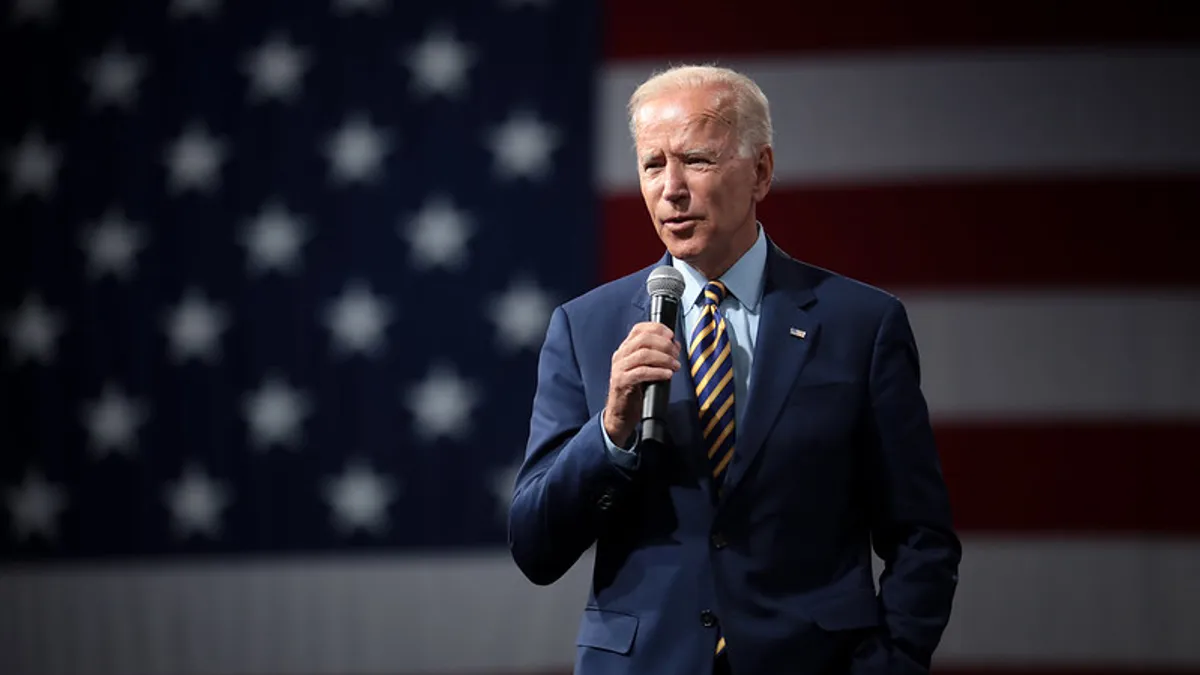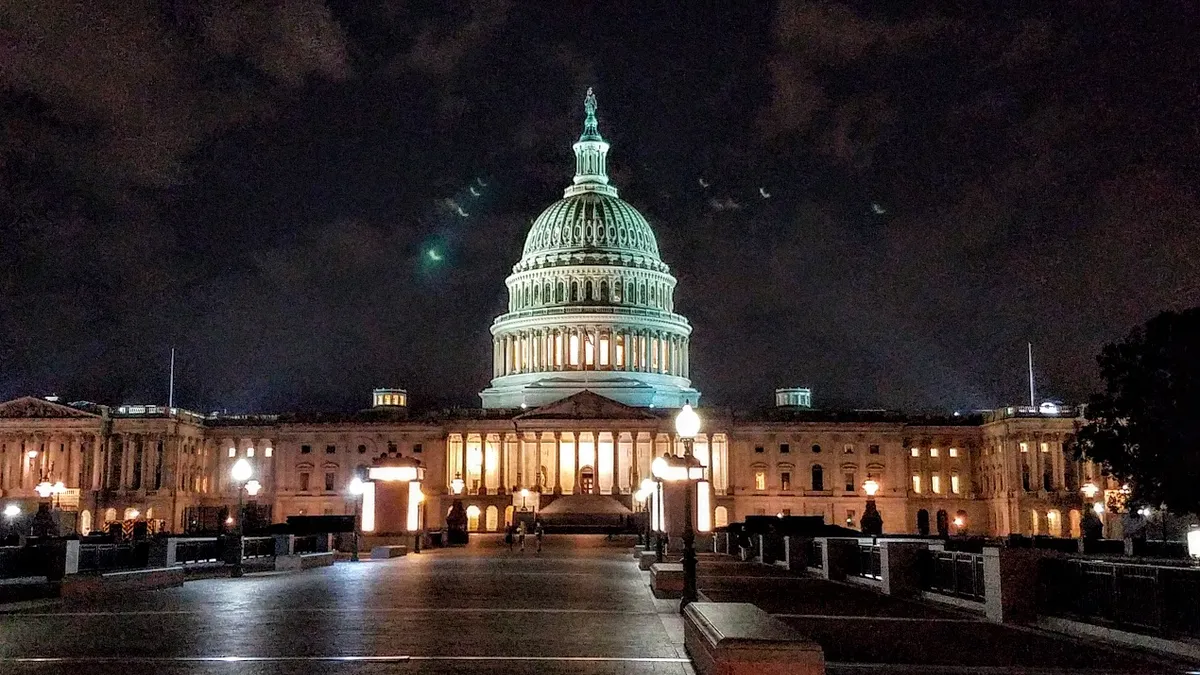Representatives Earl Blumenauer (D-OR) and Dean Phillips (D-MN), who crafted the Restaurant Revitalization Fund legislation, have a new federal proposal to aid struggling restaurateurs.
On Thursday, the congressmen introduced the Restaurant Revitalization Tax Credit to help the roughly 200,000 operators who applied for RRF grants but didn’t receive funding.
“By severely underinvesting in RRF, Congress inadvertently created an unfair lottery of winners and losers. We must extend America’s promise of opportunity to all who are eligible before it’s too late,” Phillips said in a statement emailed to Restaurant Dive.
The proposed legislation would help restaurateurs grappling to manage debts incurred during the pandemic, pay their staff and improve their finances, according to a statement from Blumenauer’s office.
The new tax credit would offset restaurants payroll tax liabilities up to $25,000 per quarter in 2023, or a maximum of $100,000. The credit would be fully refundable for operators with 10 or fewer employees, and partially refundable for restaurants with between 11-20 employees.
The Small Business Administration would “coordinate with and provide information to the Secretary of the Treasury (or the Secretary’s 22 delegate) to assist in identifying employers that are eligible for the credit,” the proposed bill states.
The Independent Restaurant Coalition supports the proposed legislation, continuing its past advocacy around restaurant-specific, government-backed pandemic relief, such as RRF.
“The introduction of the RRTC comes at a pivotal moment for the restaurant and bar industry, which lost over $280 billion in the first year of the pandemic alone and received a mere $28.6 billion in dedicated RRF relief,” Erika Polmar, executive director of the IRC, said in a statement.
The proposed tax credit comes just weeks after the last dregs of RRF funds have been spent. In November, the SBA announced it would release about $83 million in unallocated RRF funds to 169 restaurant operators who applied for grants in 2021. Recipients were required to spend the money before March.


